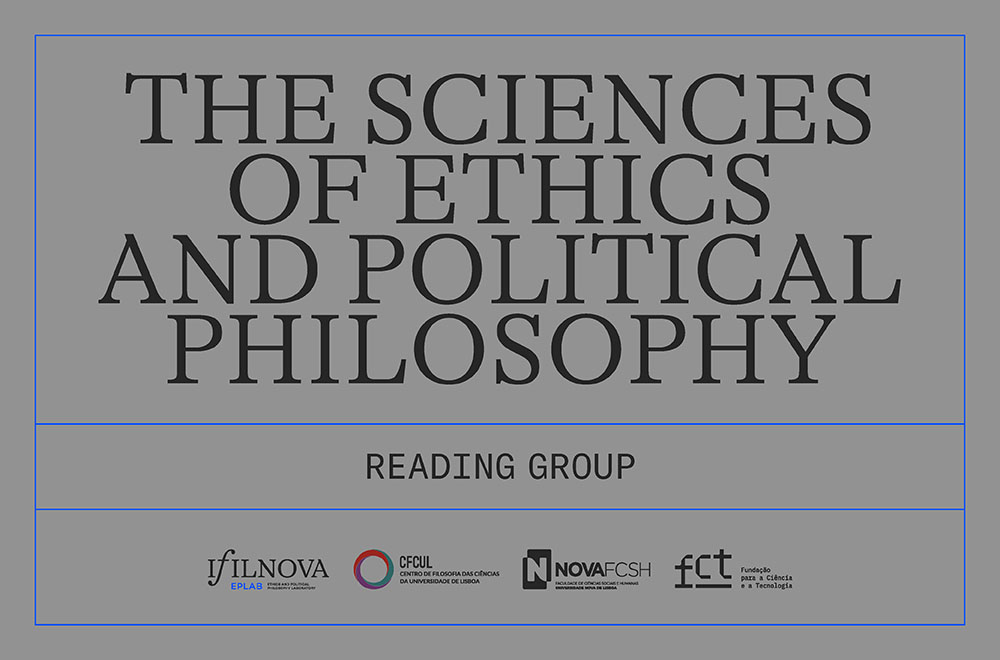How Gene–Culture Coevolution can—but Probably did not—Track Mind-Independent Moral Truth

The Sciences of Ethics and Political Philosophy Reading Group will get together on March 14 at 2 PM [WEST] to discuss a paper by Nathan Cofnas (2022), How Gene–Culture Coevolution can—but Probably did not—Track Mind-Independent Moral Truth [The Philosophical Quarterly, 73(2), 414–434].
Abstract
I argue that our general disposition to make moral judgments and our core moral intuitions are likely the product of social selection—a kind of gene–culture coevolution driven by the enforcement of collectively agreed-upon rules. Social selection could potentially track mind-independent moral truth by a process that I term realist social selection: our ancestors could have acquired moral knowledge via reason and enforced rules based on that knowledge, thereby creating selection pressures that drove the evolution of our moral psychology. Given anthropological evidence that early humans designed rules with the conscious aim of preserving individual autonomy and advancing their collective interests, the theory of realist social selection appears to be attractive for moral realists. The goal of evolutionary debunking arguments should be to show not that our moral beliefs are the product of natural selection, but that realist social selection did not occur.
Anyone interested in participating can send an email to Filipe Faria: filipefaria@fcsh.unl.pt.
The Sciences of Ethics and Political Philosophy Reading Group is an international monthly-assembling online reading group co-hosted by the CFCUL and the Ethics and Political Philosophy Lab (EPLab) of the IFILNOVA. More information about the group here.

